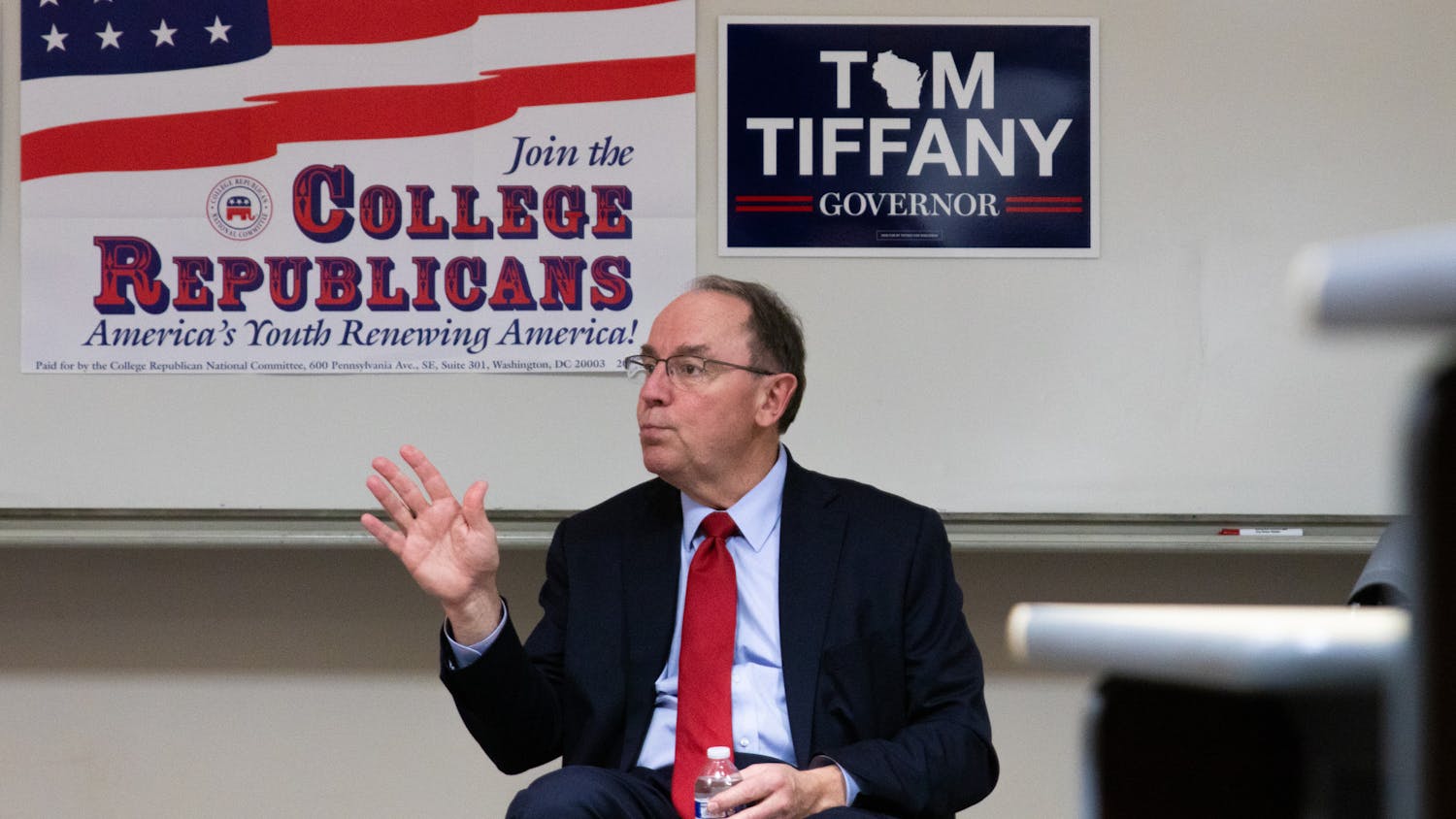Texas A&M University recently made the decision to end its legacy admissions policy, in which applicants with family ties to the university were given a slight edge over academically identical applicants without. This decision may be the beginning of a nationwide trend especially affecting selective public universities like UW-Madison.
While many private universities have always relied on legacy for alumni support, state lawmakers and minority-rights groups are wondering whether public universities should use a policy that might be keeping certain students out.
Before the policy was ended, students at Texas A&M with grandparents, parents or siblings at the university were given four extra points on a 100 point scale used to admit undergraduate students.
Frank Ashley, a Texas A&M admissions officer, said uncertainty behind legacy arose when Texas A&M President Robert Gates made a decision that each individual student will be judged on their own merit.
At UW-Madison, Associate Director of Admission Keith White said while the university does have a legacy policy, \There's no specific quantity of additional consideration. When we are aware that a student is a legacy, that's one of the many factors that we'll take into account.""
Speaking about the justifications for legacy, White added, ""There's a philosophical reason and frankly there's a financial reason as well.""
Legacy began at UW-Madison 10 years ago under former Chancellor Donna Shalala and coincided with a fundraising event as a way of showing appreciation for alumni support. Legacy non-residents were considered honorary Wisconsin residents, and were placed in the less competitive resident applicant pool. However, the in and out of state pools have since grown similar in competitiveness and this specific policy was ended a year and a half ago.
UW-Madison Professor W. Lee Hansen, an expert in race preference in university admission, said the policy may have had negative effects on campus diversity.
Under Shalala, he said there was ""the paradox that the university was working to enroll more minority students while also providing a box to identify if your parents went here.""
Today, he said the university's policy of aggressively pursuing minority applicants through ""race ethnic-based preferences,"" and admitted it is not clear how many applicants are affected by the legacy policy.
Several lawmakers are working to form new policies that deter public universities from using a legacy policy. Sen. Edward Kennedy, D- Mass., has proposed a bill that links legacy enrollment reports with federal grants.
White, however, does not see legacy as a threat to applicants.
""If we were to be displacing large numbers of other worthy students to enroll a greater proportion of legacies, then I think there might be an issue, but we're not doing that,"" he said, but added ""it's an issue worth watching and following.\





